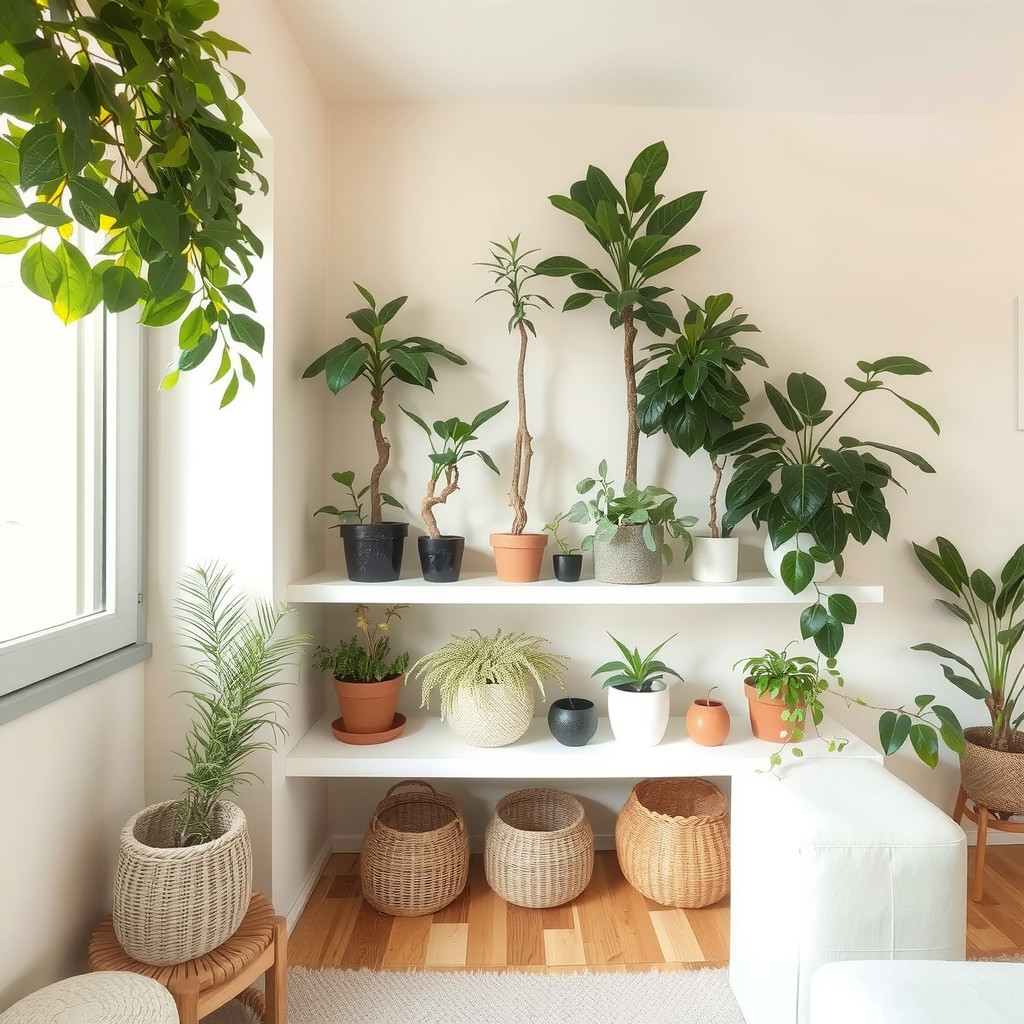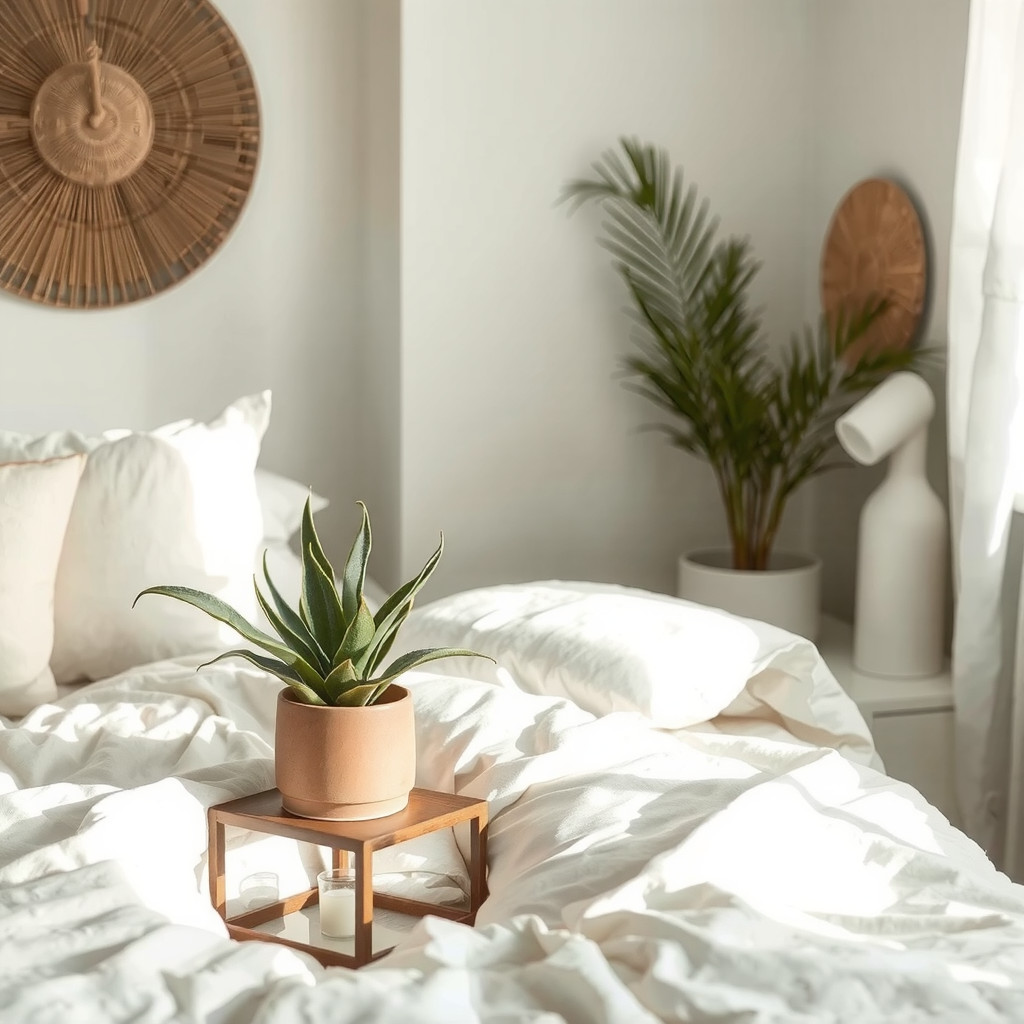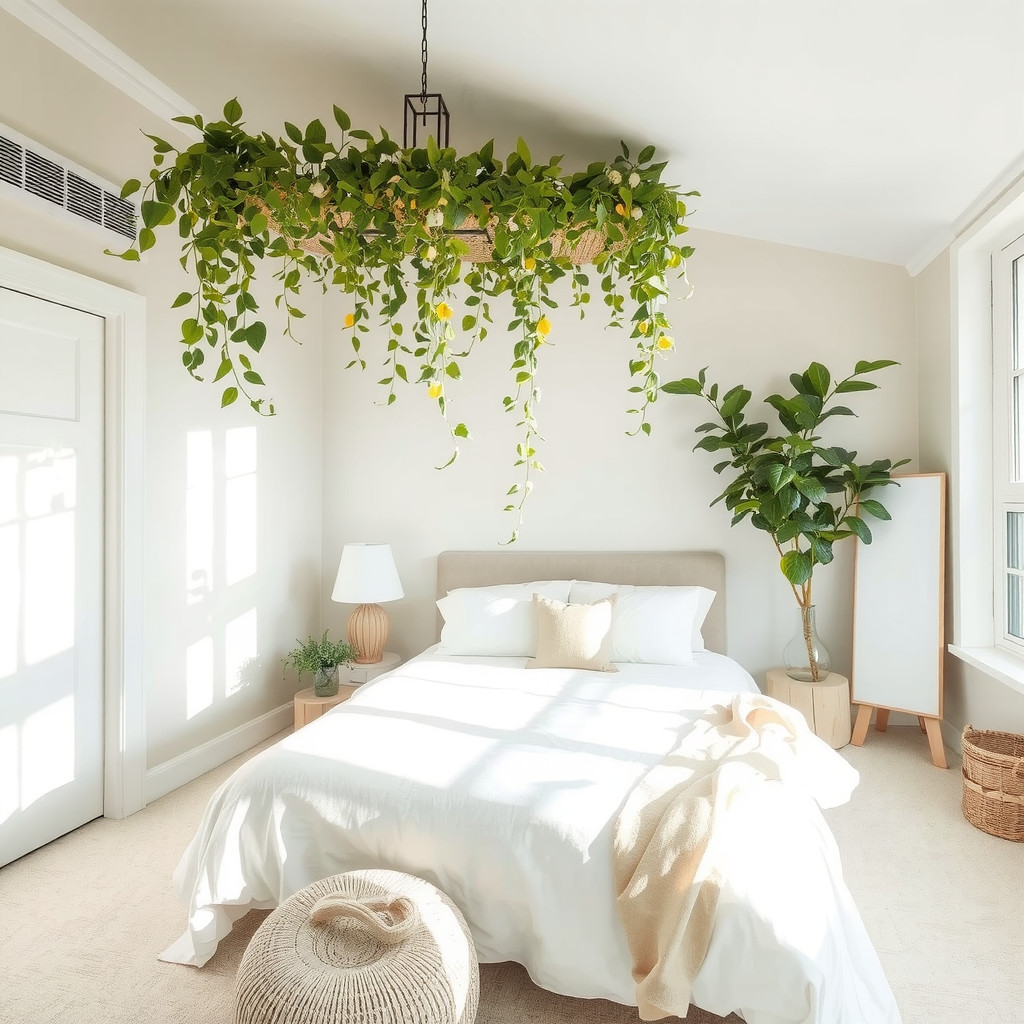ADVERTISEMENT
Introduction
Sleeping is an essential part of our daily lives, and creating a sleep-conducive environment is crucial for a good night’s rest. One way to enhance your bedroom’s ambiance is by incorporating easy-to-grow plants that not only purify the air but also promote relaxation. In this article, we will explore the benefits of having plants in your bedroom and provide you with a list of low-maintenance plants that can help you sleep better. 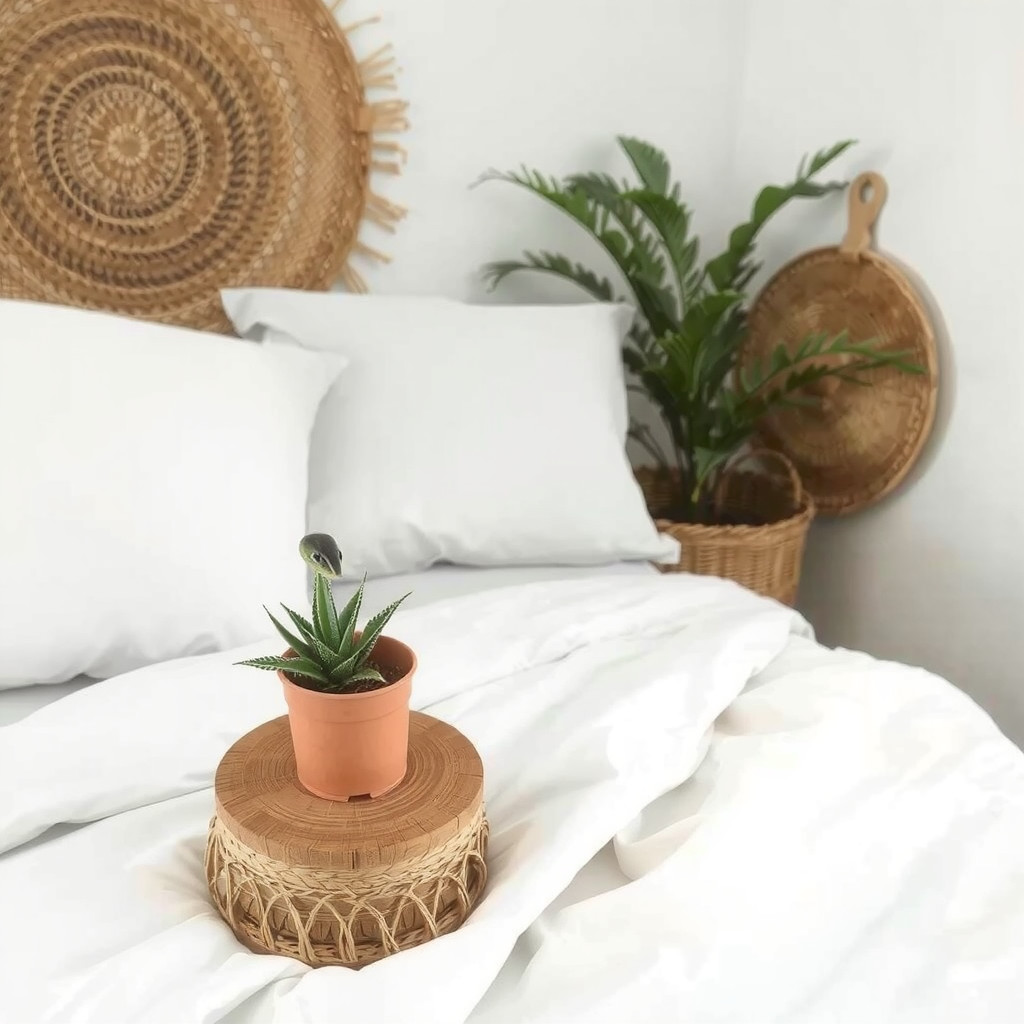
Layout and Positioning
When it comes to placing plants in your bedroom, it’s essential to consider the layout and positioning. You want to create a peaceful atmosphere that promotes relaxation. Place a small potted plant, like a snake plant or a peace lily, on your bedside table to create a calming ambiance. 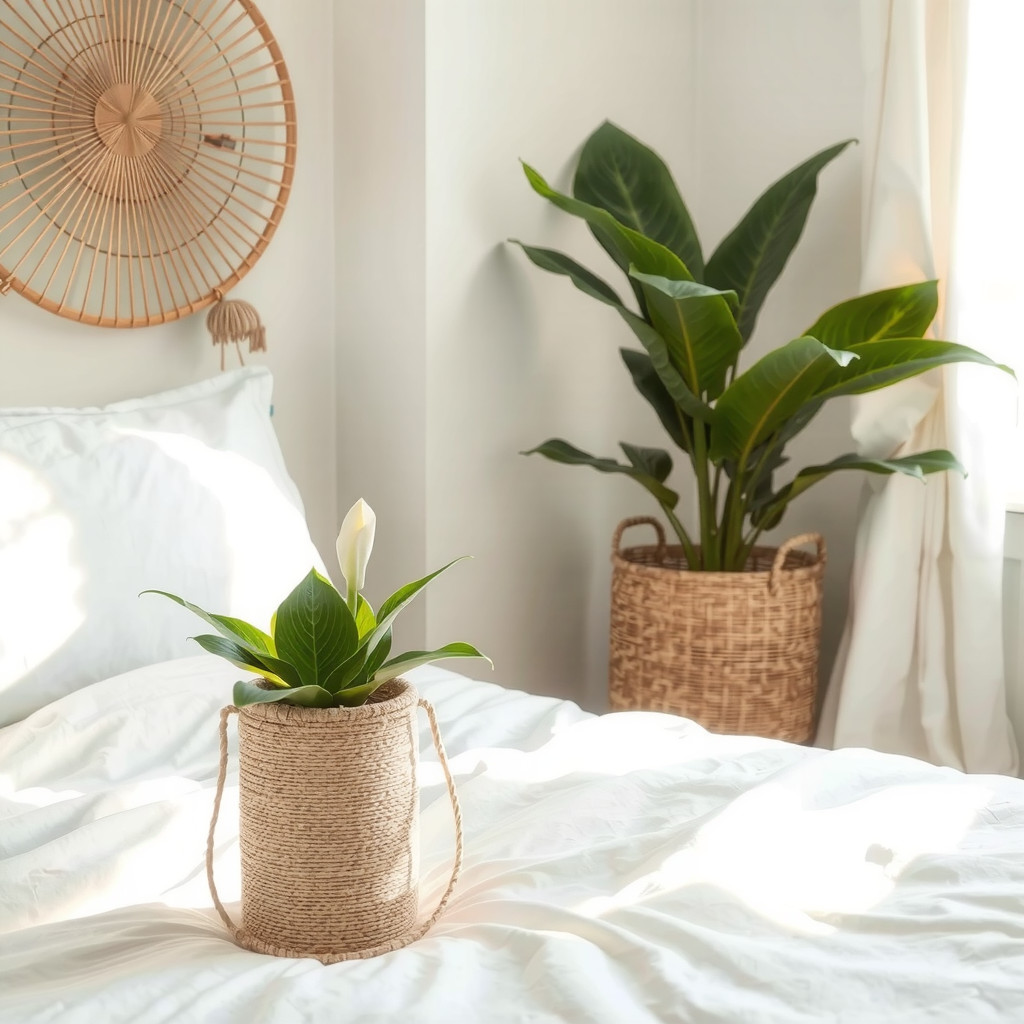
Materials and Textiles
The materials and textiles you use in your bedroom can also impact the overall ambiance. Choose bedding and curtains made from natural fibers like cotton, linen, or bamboo, which can help regulate body temperature and promote a restful sleep. Add a woven basket or a rattan planter to bring in a touch of natural texture. 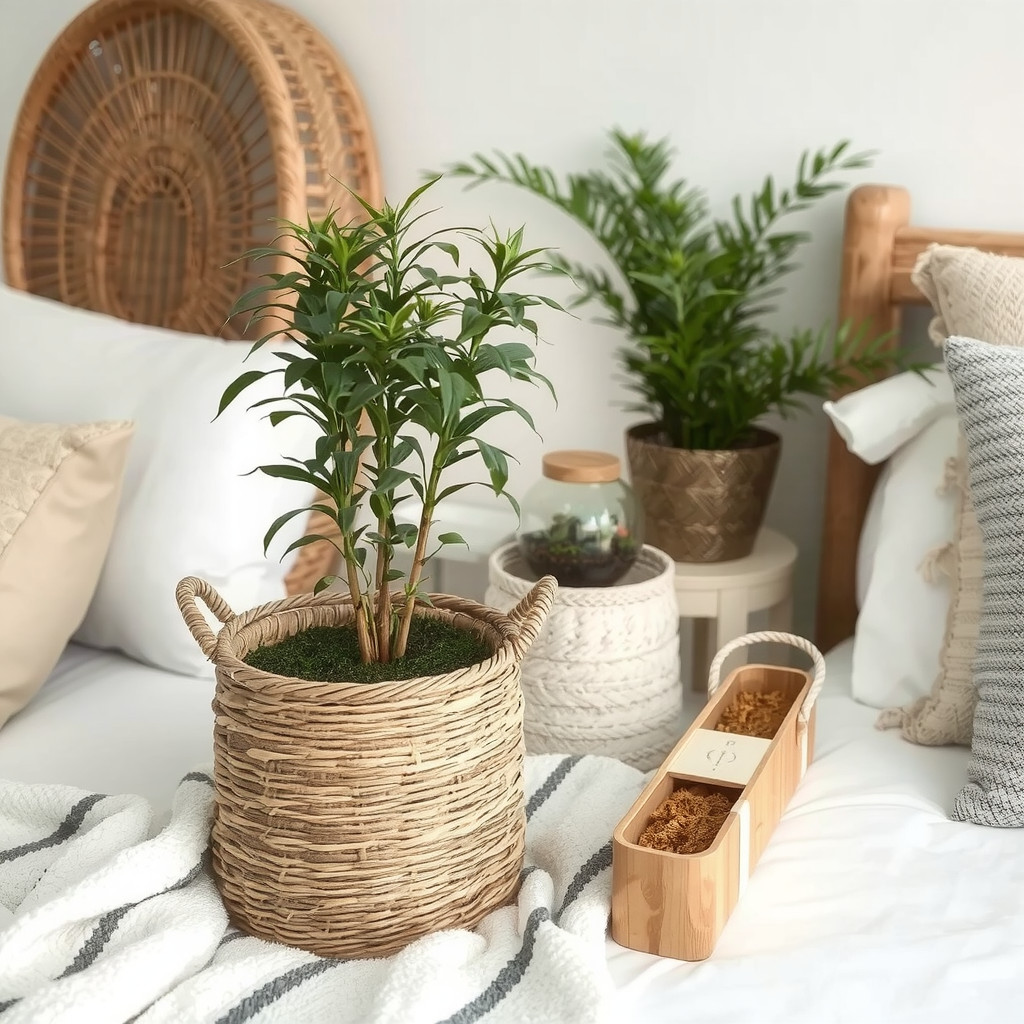
Focal Points
Create a focal point in your bedroom by grouping a few plants together. This can be a stunning display of greenery that draws the eye and creates a sense of calm. Use a combination of plants with different textures and heights to add visual interest. 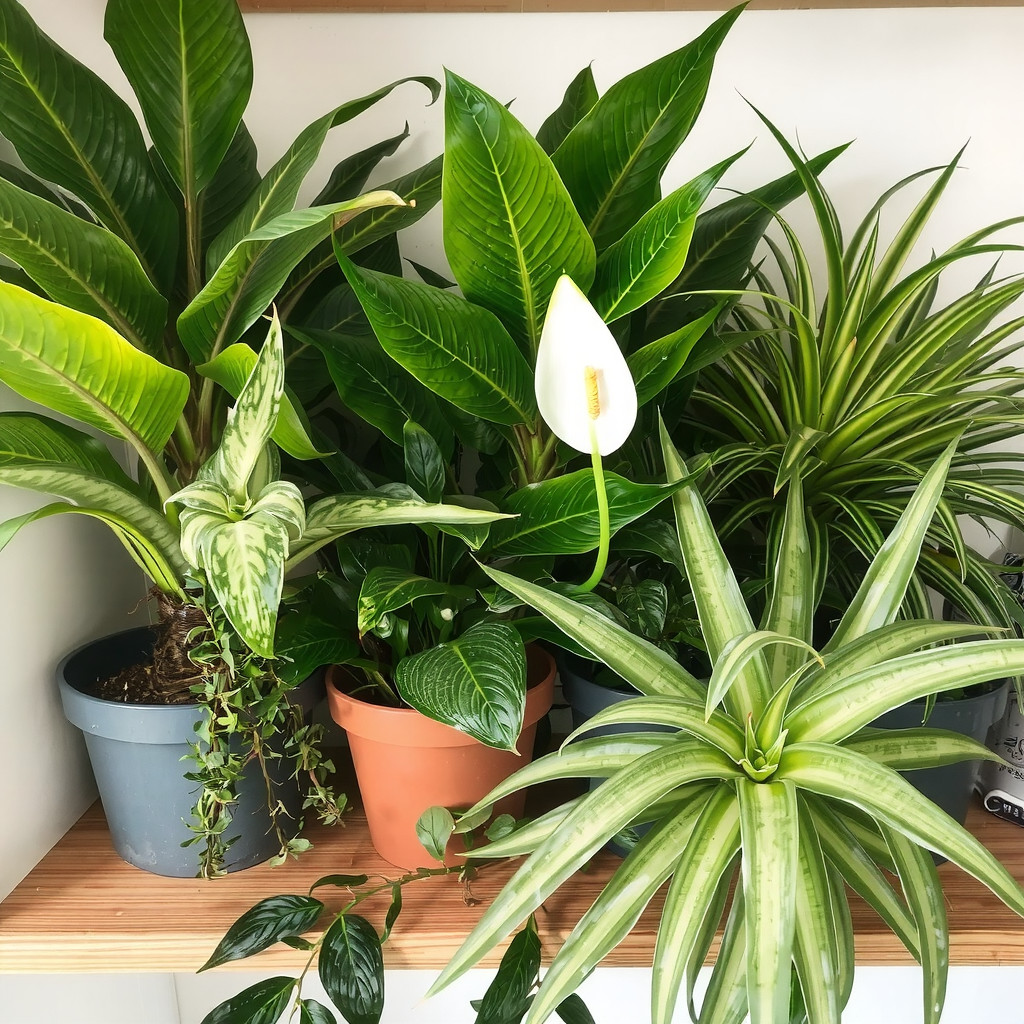
Lighting
Lighting can greatly impact the ambiance of your bedroom. Use table lamps or floor lamps with soft shades to create a warm and inviting glow. You can also use string lights or fairy lights to add a touch of magic to your bedroom. 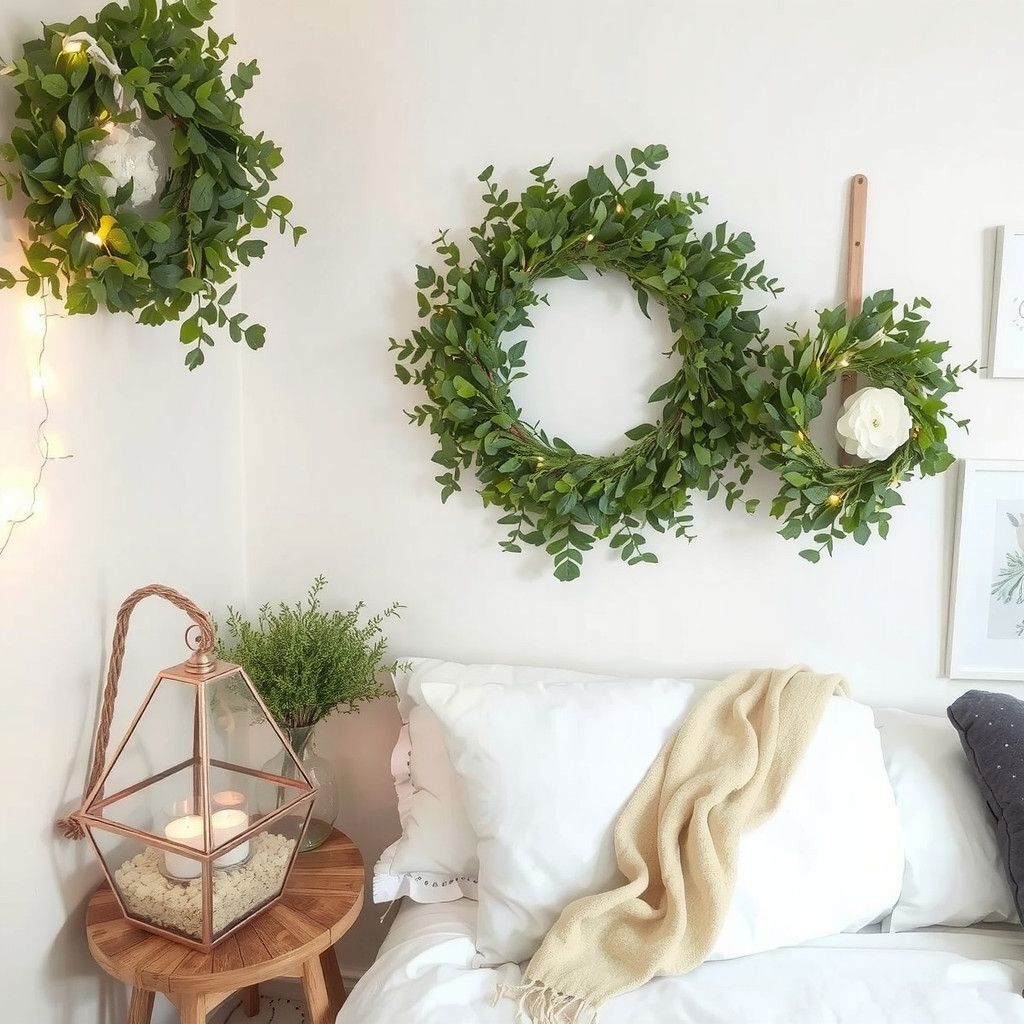
Greenery
In addition to easy-to-grow plants, you can also incorporate other forms of greenery into your bedroom. Hang a living wreath on your wall or place a small terrarium on your bedside table. These can add a touch of natural beauty to your bedroom and help purify the air. 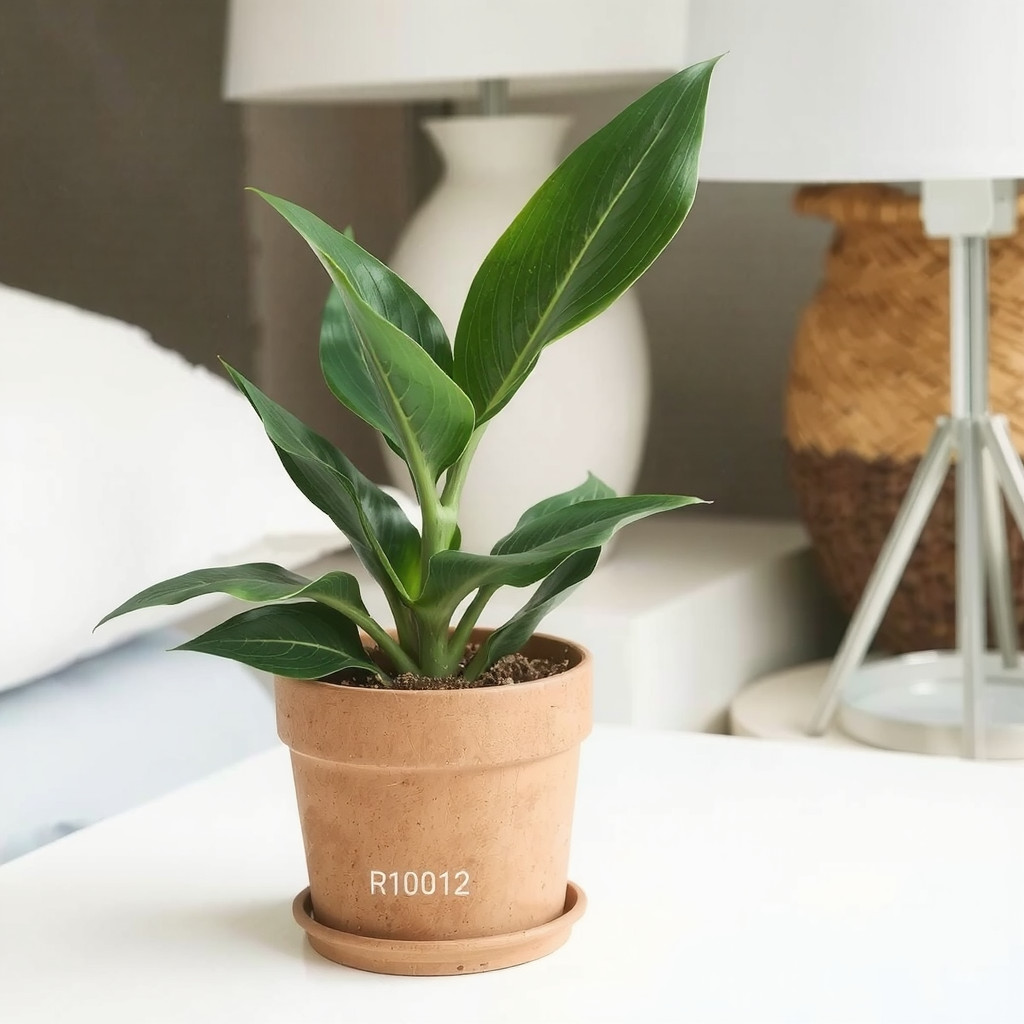
Tips
- Choose low-maintenance plants that are easy to care for
- Place plants in a spot with bright, indirect light
- Water plants sparingly to avoid overwatering
- Use a humidifier to maintain a healthy humidity level
- Avoid placing plants too close to your bed to prevent allergens from spreading
ADVERTISEMENT
